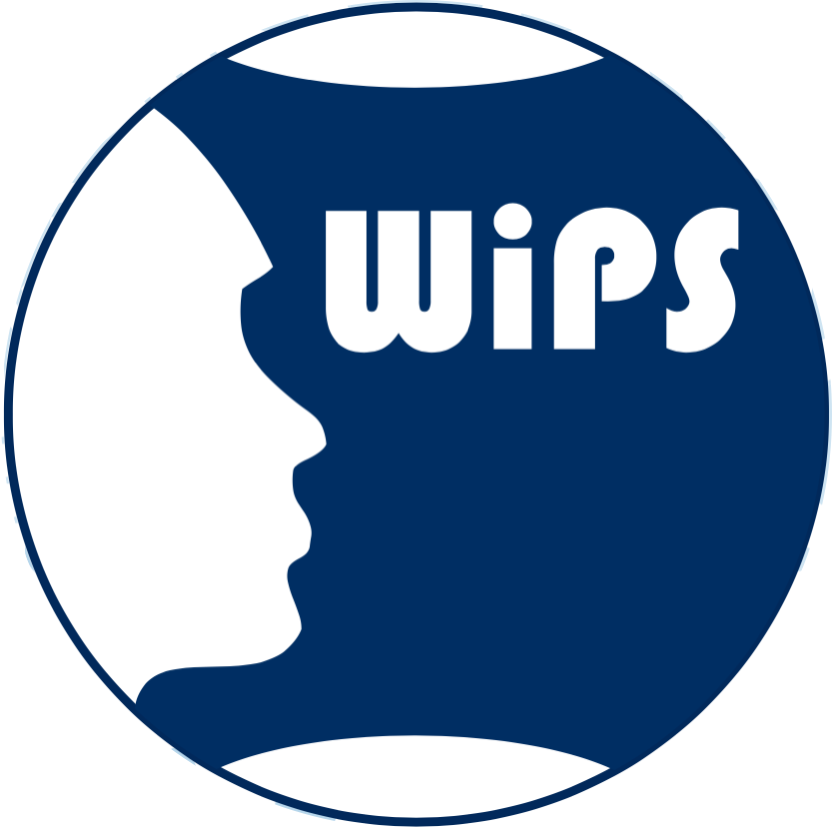Events
-
28
February
Workshop on Polar Heat: Transports, Mechanisms and Global Linkages
Saturday, 28 February 2026
Glasgow, Scotland - UK - Feb 28 - March 1st, 2026
-
25
March
Synoptic Arctic Survey Early Career Researchers Workshop
Wednesday, 25 March 2026
ASSW, Aarhus, Denmark
-
26
March
Online Book Club: A Woman in the Polar Night (Christiane Ritter)
Thursday, 26 March 2026
Online
-
20
July
AAAS-TWAS Course on Science Diplomacy
Monday, 20 July 2026
Trieste, Italy
-
28
September
9th International Polar Tourism Research Network (IPTRN) Conference
Monday, 28 September 2026
Nuuk, Greenland
